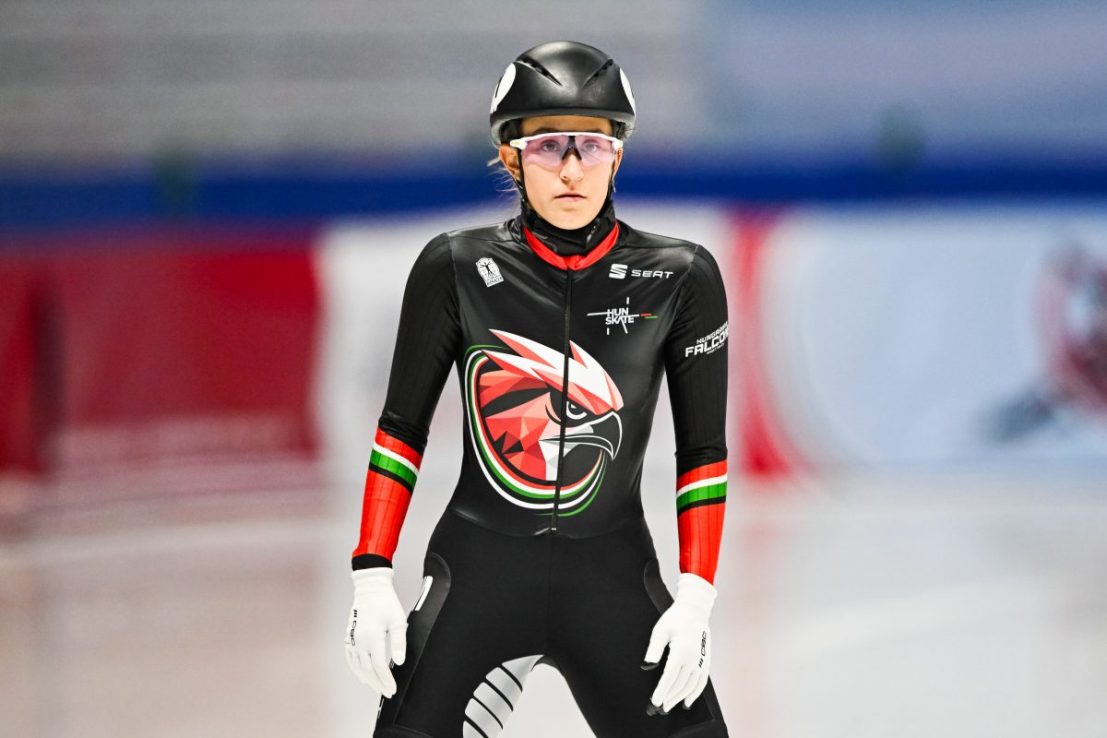Short Track World Tour: The league revolutionising for relevance
When you think of sporting innovation, what comes to mind? The Hundred, maybe, or Saudi’s tennis showcase 6 Kings Slam? Well what about short track speed skating? Because the International Skating Union (ISU) has just launched the first leg of a totally revamped world tour in which 28 franchises compete across six meetings. The ISU [...]


When you think of sporting innovation, what comes to mind? The Hundred, maybe, or Saudi’s tennis showcase 6 Kings Slam? Well what about short track speed skating?
Because the International Skating Union (ISU) has just launched the first leg of a totally revamped world tour in which 28 franchises compete across six meetings.
The ISU Short Track World Tour sees the British Royals go up against the likes of the Japanese Ninjas and the Czechia Ice Spiders as the governing body looks to attract new audiences to what is a niche sport.
“The International Skating Union struggled to bring in sponsorship but there was a change 10-15 years ago,” former track skater and current performance director at British Ice Skating Jon Eley tells City AM.
“The thought process behind it is that the ISU will be able to bring in greater investments through the franchises via merchandise and sponsorship. The idea is that money can be invested into the sport.”
Eley goes on to say that the new format is being funded by the ISU at a hefty cost but allows British Ice Skating to look for its own revenue streams through the British Royals.
Speed skating’s bold marketing
Tom Brook, co-founder of sports marketing agency Another Concept, says the move is “brave and bold”.
“It’s clear that the sport’s experimental approach will aim to attract younger fans to a niche sport,” he adds.
“The rebranding and franchising line up with this, emulating sports like cricket where we’ve seen the creation of The Hundred and the Indian Premier League.
“Of course, taking such a bold move is not without risks and we’ve seen some sports fail [such as football’s European Super League] with attempted relaunches recently.”
Innovation
Merrick Haydon, EVP at agency rEvolution, concurs. “Innovation and change in any sport is good when it is needed to safeguard its future, in order to adapt to the change in fan and broadcaster appetite for new sports, and new formats of old sports,” he says.
“The ISU has clearly looked at the old format of its short track speed skating events and recognised that a new world tour was needed to take the sport forward, and perhaps help ensure its appeal and long-term future in the Winter Olympics.
“I like the Tour’s new branding and team identities – it feels like a mix of the new format of The Hundred, the younger more accessible appeal of F1, and the Olympic 100m athletics – all rolled into one.”
Short Track World Tour niche enough?
But rebrands don’t always produce good results. Adam Burns of Dark Horses believes the idea could send “a shiver down the back of fans”.
“Any tweaking or modernising will instantly be called out as sacrilege,” he says. “This is especially true for legacy brands and sports that are tribalistic – take Leeds United’s failed rebrand of 2019 as a prime example.
“But when a sport is relatively niche and the rivalries less tribal, marketing departments do have more freedom. So, whilst the STWT’s compete shake-up of its look and feel is bold, the same risk does not exist as with more established brands.”
The proof will be in whether the sport can propel itself into the living rooms of millions, with bums on seats and backers on the advertising hoardings.



